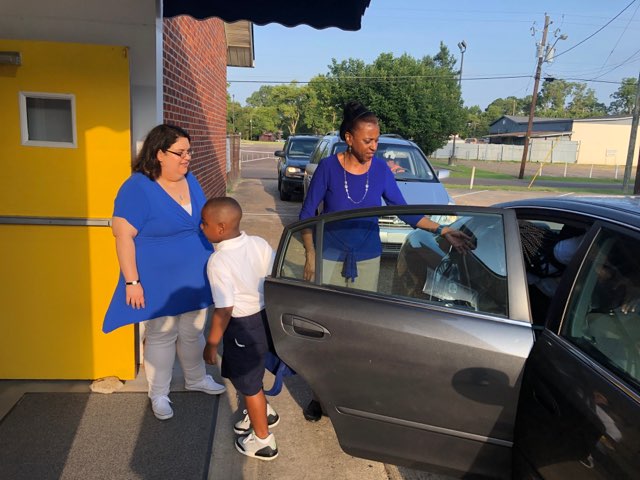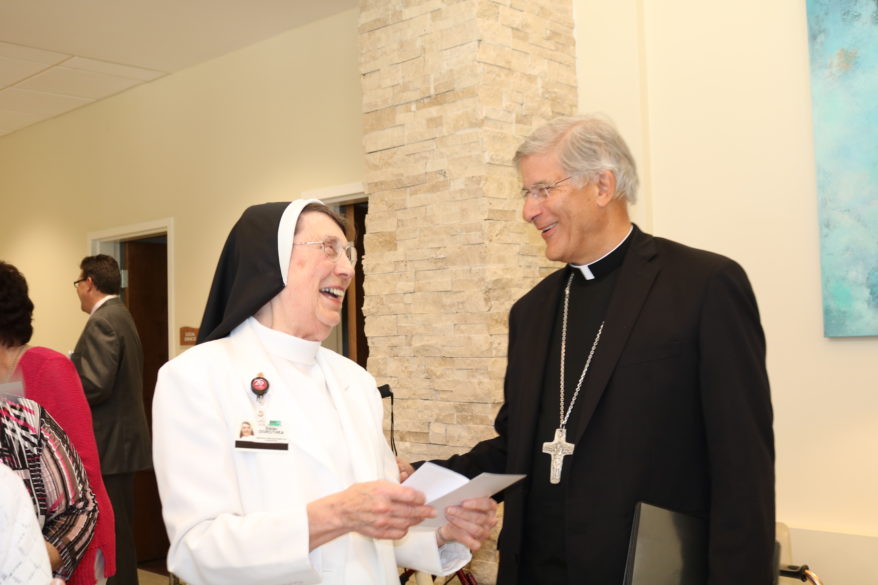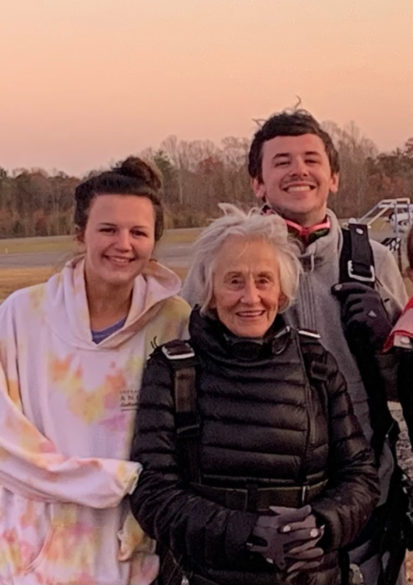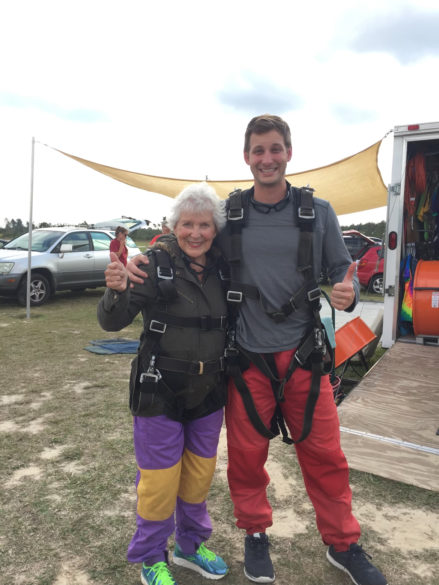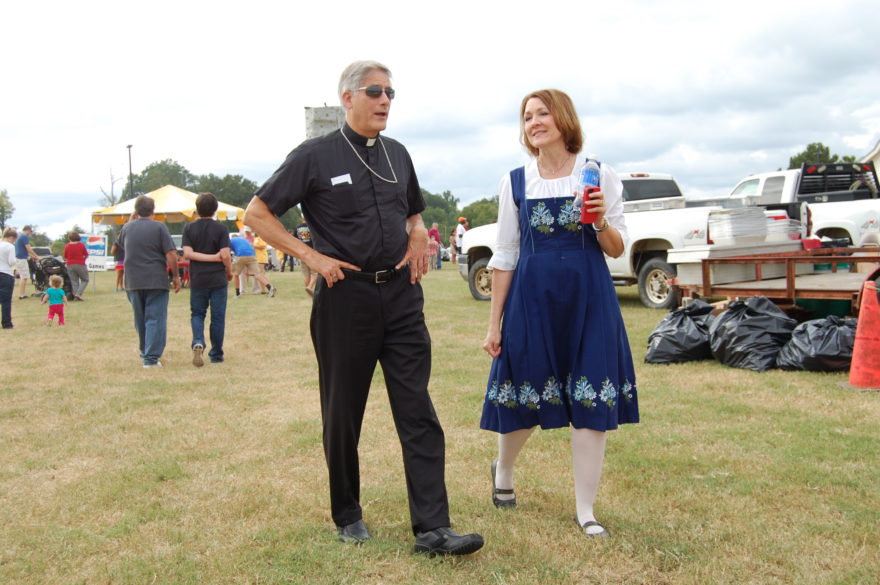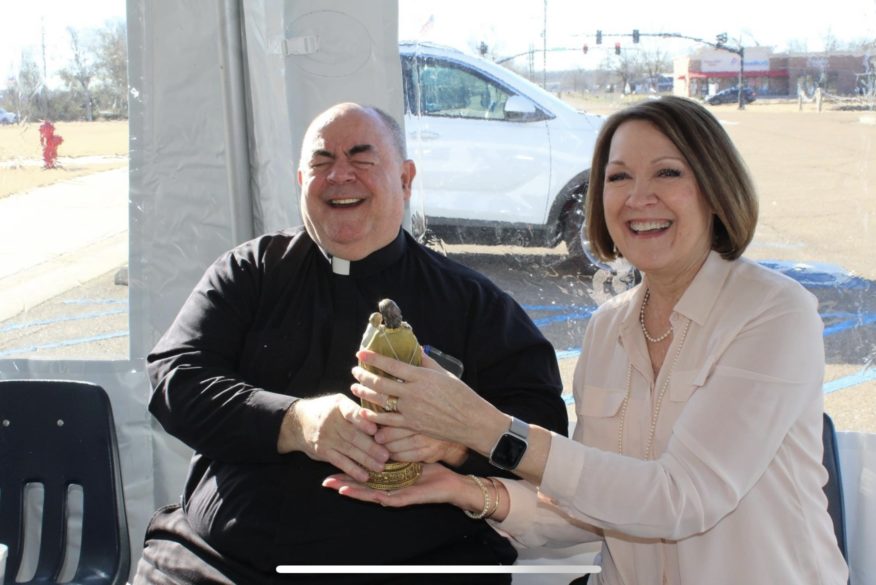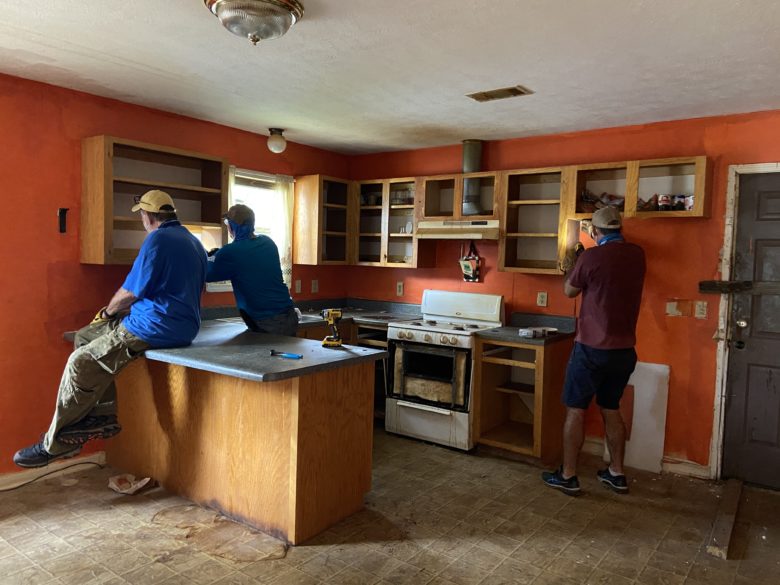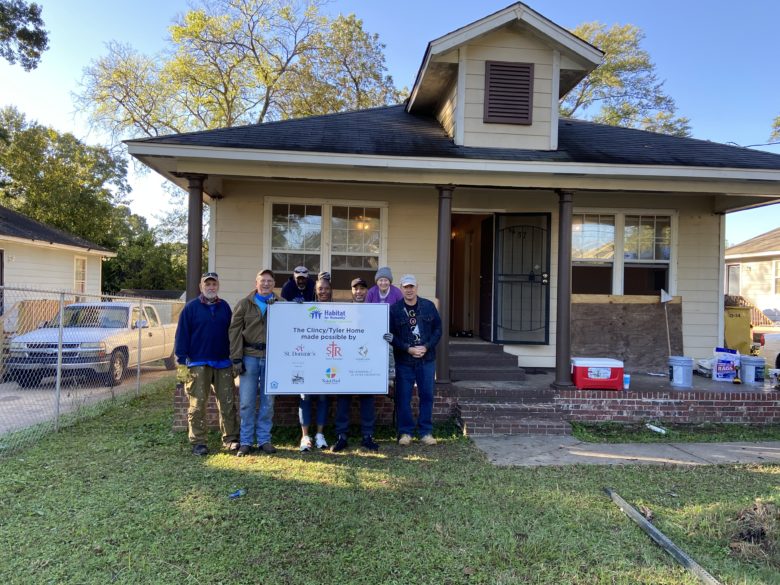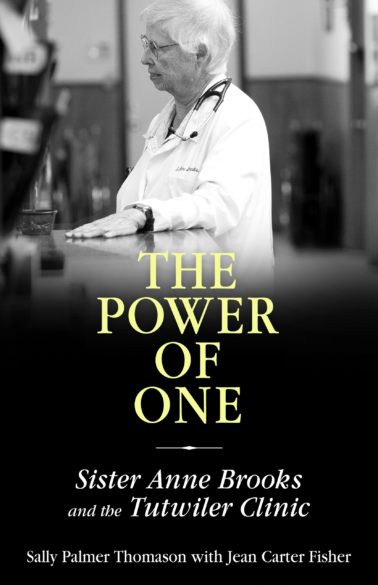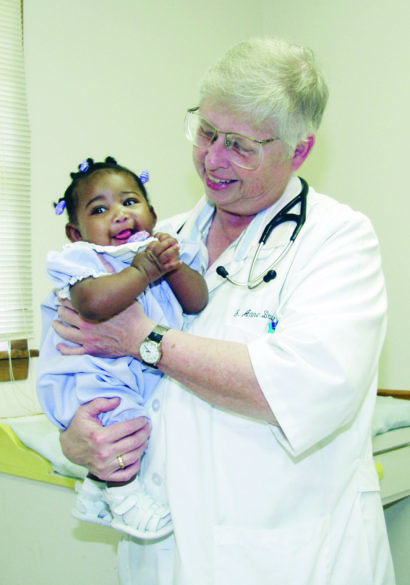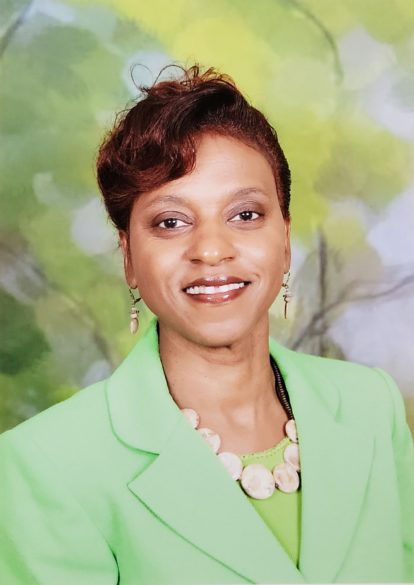
By Joe Lee
JACKSON – Something especially meaningful dawned on Shae Goodman-Robinson as she drove to Sister Thea Bowman School one morning near the end of her thirteenth and final year as principal.
“I told my parents that I started at Sister Thea Bowman in kindergarten when it was Christ the King School, and here I am retiring there as principal,” Robinson said. “What a beautiful full circle of how God puts you in places to pay it forward.”
In the midst of an emotional few days of saying goodbye to students, parents and her employees, Robinson reflected on the many pay-it-forward moments she’s had in more than four decades of being an educator.
“I’ll miss the children and the face-to-face contact with them,” she said. “It put a smile on my face, whatever may have been on my mind at the time. Kids will tell you what they see, in their honesty and love for you. ‘I love your hair, Ms. Robinson. I love your dress, Ms. Robinson. I love your shoes, Ms. Robinson.’ I will genuinely miss that. It’s kept me going all this time.”
Sister Thea Bowman, whom Robinson met two years before her death in 1990, had a profound impact on the way approached her calling.
“Her legacy was, ‘I try,’ and one of my favorite Sister Thea sayings was, ‘I know God is using me in ways beyond my comprehension,’” Robinson said. “As principal, I tried to make sure the students understood the importance of education, and that they took responsibility each day. I tried to make sure they understood that everything comes full circle regarding academic education and spiritual growth.”
A kindergartener in the early 1960s, Robinson recalls her parents earning approximately $200/month but insisting on paying a tuition bill of $32/month to send all three of their children to Christ the King School.
“They believed in the importance of the education we were getting at Christ the King,” she said. “All of that propelled me to want to come back to the school and help pay it forward.”
Another full circle moment is the friendship and work relationship Robinson has had with her successor, Jackson native Christopher Payne, who has taught at Sister Thea Bowman school for seven years and will serve as principal beginning this fall.
“I worked with his grandmother at Bailey Alternative School back in the 1980s, and I told Chris that I remember when his parents got married and when he was born,” Robinson said. “He attended my children’s birthday parties – I remember him as a toddler and growing up. My daughter went to Mississippi State, and so did he.”
“When I heard Chris was in education I talked to him, and when he said he wanted to teach, I offered him an open position I had. Once he got here, I saw leadership skills. He was not a teacher that raised his voice. He was always mild-mannered, and the kids loved him.”
“Shae was the main reason I ended up at Sister Thea Bowman School,” Payne said. “I wasn’t even sure teaching was my calling, but she saw something in me. She said to me, ‘You aren’t just here to work for the students; you’re here for the parents, your co-workers, the church and the community. She has instilled in me the bigger picture, that what happens outside the classroom matters most.”
Robinson will certainly miss her cherished interactions with the many students she mentored at Sister Thea Bowman School, but she has no doubt the right person was selected to succeed her.
“There was never hesitation when I asked Chris for help. He was always ready to help, and he volunteered to do things he saw that needed to be done without me having to ask,” Robinson said. “He has the personality, intelligence and another level of ideas that can take Sister Thea Bowman School to another level.”
(Joe Lee is the Editor-in-Chief of Dogwood Press, a small but traditional publishing house. He is a regular contributor to Mississippi Catholic and a parishioner of St. Francis Madison.)
Click here for accompanying story on incoming principal – Christopher Payne
